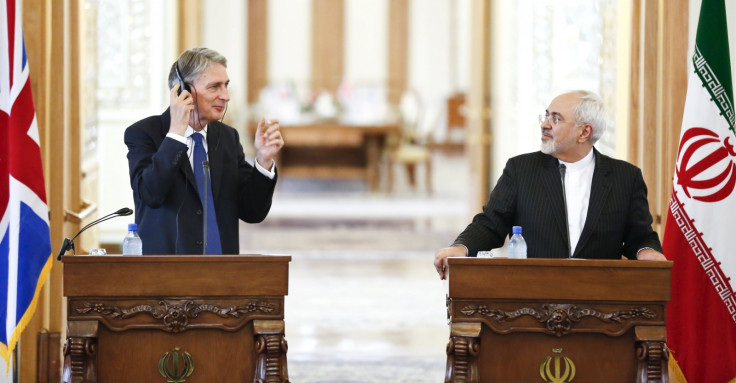Iran: Royal Dutch Shell to repay £1.2bn debt and seek new deals once sanctions are lifted

Royal Dutch Shell is set to repay its debt of $2bn (£1.27bn, €1.73bn) to the National Iranian Oil Company, as it eyes re-entering business relations in Iran. On a visit to Iran, Shell executive vice president business development Ed Daniels told Reuters: "When sanctions are removed we will look to examine possible options to work in Iran. [It] is and will be an important potential business area but of course it will have to rank with other projects that we have across the world."
The Islamic Republic, which currently holds around 9.3% of the world's oil reserves, and is one of the main players in the field of commodities. Daniels was representing Shell on a visit along with other business organisations and diplomats to re-establish relations between the UK and Iran as international sanctions imposed on the country are expected to be lifted soon after parties agreed on a nuclear deal.
On Sunday (23 August), the UK embassy in Iran's capital Tehran and the Iranian embassy in London were officially re-opened. Foreign secretary Philip Hammond oversaw the re-opening ceremony in Iran and underlined the importance of re-connecting with the country. He said: "Today's ceremony marks the end of one phase in the relationship between our two countries and the start of a new one - one that I believe offers the promise of better."
Hammond said that the nuclear agreement could offer new opportunities for both the Iran and UK side of possible new deals, saying it is "another milestone, and showed the power of diplomacy, conducted in an atmosphere of mutual respect, to solve shared challenges."
However, he underlined the importance of being careful, in order to maintain long-term relationships between both parties. He told the BBC after meeting with Iranian president Hassan Rouhani in Tehran: "We should tread carefully. There's a deep legacy of distrust on both sides and we have major areas where we have very substantial policy differences."
© Copyright IBTimes 2025. All rights reserved.






















